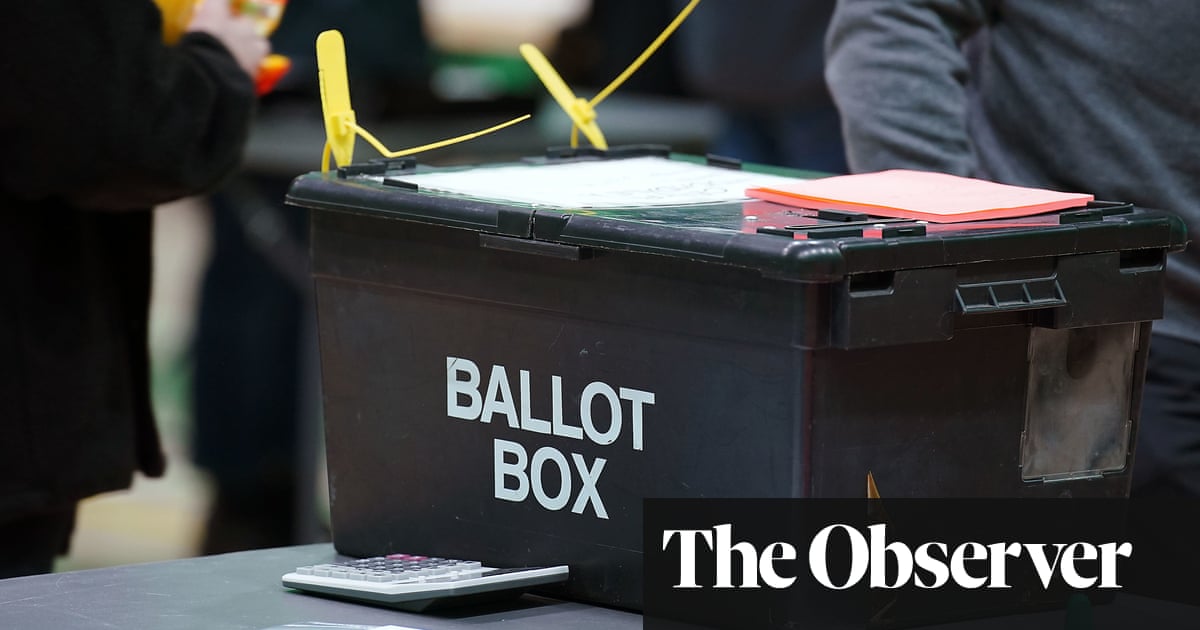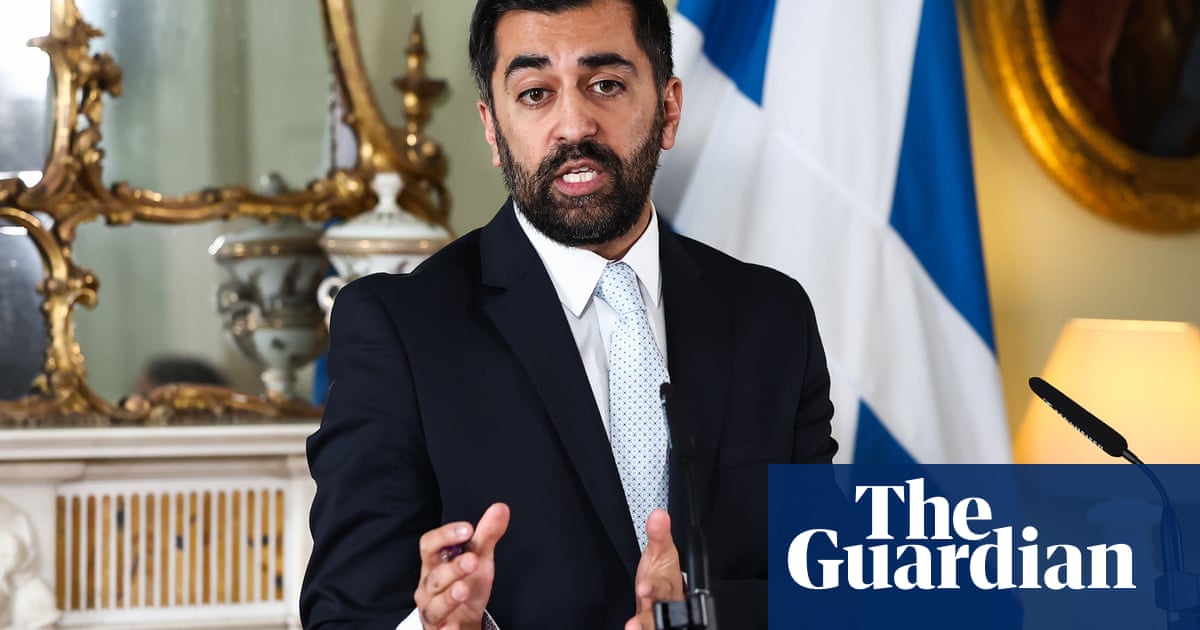Judge denies Trump motion to dismiss charges in documents case : NPR


Former President Donald Trump waves to supporters as he leaves federal courthouse in Fort Pierce, Fla., on Thursday.
Wilfredo Lee/AP
hide caption
toggle caption
Wilfredo Lee/AP

Former President Donald Trump waves to supporters as he leaves federal courthouse in Fort Pierce, Fla., on Thursday.
Wilfredo Lee/AP
A federal judge has denied a motion by former President Donald Trump to dismiss the charges in one of the criminal indictments he’s facing. Trump is accused of withholding and concealing classified and top-secret documents that he took to Florida from the White House and then lying about it to investigators.
At a hearing Thursday in Fort Pierce, Fla., U.S District Judge Aileen Cannon heard two motions for dismissal and quickly dispensed with one of them.
Trump was challenging a statute, part of the Espionage Act, that he is charged with violating, arguing that the wording of the statute is unconstitutionally vague. In court Thursday, Trump lawyer Emil Bove said there are questions about what it means to have “unauthorized possession.” As president, Bove says, Trump could have given himself authorization to take these documents to his Mar-a-Lago residence and club.


In their arguments before the court, prosecutors told Judge Cannon the meaning of the statute is clear. They say the former president lost his authorization to view classified material when he left the White House.
Bove also said it’s not clear what the statute means when it talks about documents “relating to the national defense.” Prosecutors again maintained it is clear and that it includes anything that’s labeled classified or top secret.
Trump’s lawyers also told the judge they believe the prosecution of their client is arbitrary and politically motivated. Bove cited other cases where President Biden, former Vice President Mike Pence and former Secretary of State Hillary Clinton were found to have taken classified documents. Prosecutors say in those cases, the documents were quickly returned and there was no effort to obstruct or hide them from investigators.
Cannon seemed skeptical of the defense arguments and issued an order denying the motion just a couple of hours after the hearing ended. In court, she made the point that the vagueness claim raised by Trump has come up in many other cases before and that no judge has ever found the statute unconstitutional.
In her order, Cannon said that “rather than prematurely decide now,” she was denying the motion so it could be “raised as appropriate in connection with jury-instruction briefing and/or other appropriate motions.”
Cannon hasn’t taken action yet on the second motion argued Thursday. In that one, Trump’s lawyers argued that the Presidential Records Act allowed the former president to take the boxes of documents to Mar-a-Lago. They say that law allows presidents to retain personal documents. By taking them to Mar-a-Lago rather than sending them to the National Archives, Trump lawyer Todd Blanche said Trump was effectively designating them as personal.
Prosecutors rejected that argument. They told Cannon that the Presidential Records Act has nothing to do with this prosecution. The applicable law, they say, is a statute in the Espionage Act. The judge seemed to agree, telling Blanche his motion would require her to rule that the Presidential Records Act invalidates the Espionage Act.
In addition, prosecutors say, the documents taken by Trump were presidential, not personal material. They say they will show Trump “willfully” took the documents even though he knew he couldn’t legally do so because they were classified.
In court Thursday, Justice Department lawyer Jay Bratt cited a conversation Trump is said to have had with a publisher and book author in 2021 in which he showed them a copy of an attack plan for Iran. The indictment states that Trump told them, “See, as President, I could have declassified it. Now I can’t, but this is still secret.”

Judge Cannon has yet to set a new schedule for the trial, which was to have begun in May.
Prosecutors want the trial to start in July. But there are several other motions pending beside the two heard Thursday and numerous issues involving the use of classified material at trial that will likely further delay the proceedings. Trump and his lawyers are asking Cannon to delay the start until next year, after the November presidential election.
Source link




